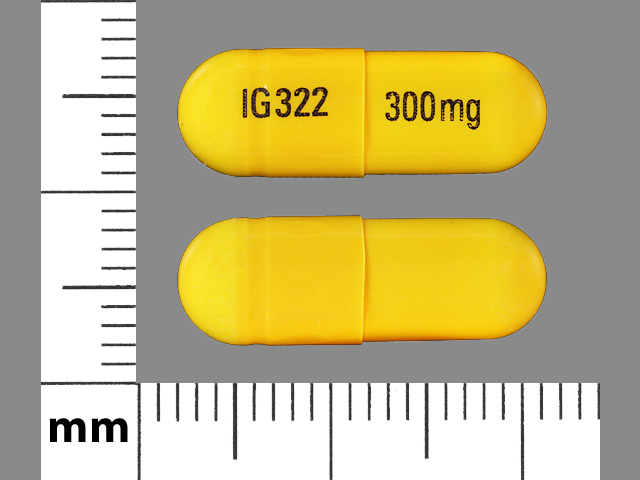
Gabapentin is a popular anti-anxiety drug that helps to reduce the symptoms of anxiety, such as restlessness, trembling or shaking. Its primary function is to reduce anxiety and to control anxiety attacks.
This anti-anxiety drug is used in treating anxiety that lasts more than 2 weeks. The side effects of this drug include drowsiness, headache, vomiting, dizziness, nausea and diarrhea. These are mild to moderate side effects and they will subside with continuous use.
Gabapentin is usually given in combination with other sedatives such as benzodiazepines, gabapentinoids, triazolam, and tramadol. These drugs help relieve stress by increasing the amount of chemicals in the brain, such as serotonin and norepinephrine. Serotonin helps suppress panic attacks and improves sleep quality.
The main advantage of gabapentin is that it is a non-benzodiazepine sedative. Gabapentin is usually taken as a single dose and should be taken as directed by the patient.
Gabapentin is available in the United States under the trade names Neurontin, Tegretol, Orapivac, Triflusepam, Vistabel, and Xenadrin. It can be purchased online at any pharmacy that sells generic or over-the-counter drugs.
Gabapentin is safe for patients with seizures and for patients with alcohol withdrawal symptoms, but it should not be used in patients taking antidepressants. Gabapentin is contraindicated in patients with liver or kidney problems, in people on dialysis, or in people with diabetes. Gabapentin is not suitable for patients with severe cardiovascular disease.
Gabapentin is sometimes used in combination with benzodiazepines to treat anxiety patients who are experiencing an anxiety attack. Patients who cannot tolerate the side effects of these drugs may be prescribed a combination of the two anti-anxiety drugs.
Guggalats are often used to treat panic disorder. Guggalates are a type of anticonvulsant that is not recommended for patients on dialysis or with other health problems, such as liver problems, heart problems, kidney disease, kidney infections, or tumors.

Guggalates may cause seizures in patients who are already at risk of experiencing seizures due to a history of seizures or because of certain genetic or biochemical abnormalities
If you are using guggalates to treat anxiety symptoms, speak with your doctor about stopping the medication.
Gabapentin may be prescribed with some other medications to treat anxiety. Gabapentin may be prescribed with benzodiazepines to treat anxiety associated with dementia, Parkinson's disease, epilepsy or Alzheimer's disease. Gabapentin may also be prescribed to control certain types of obsessive-compulsive disorder.
Gabapentin has been prescribed for more than a hundred years to treat patients who suffer from epilepsy. Patients should carefully consider the pros and cons of this medication before taking it. Before taking Gabapentin, be sure to discuss it with your doctor.
Gabapentin can cause dry mouth, so it is usually taken with water. In mild cases of nausea or vomiting, a tablet should be taken instead of juice or soda pop.
Gabapentin may be used to treat spasticity, muscle weakness and leg pain in patients with multiple sclerosis. It is very effective in reducing pain and improving sleep quality in patients who are suffering from chronic fatigue syndrome and fibromyalgia. The most common side effects of gabapentin include drowsiness and dizziness, irregular heartbeats, seizures, headaches, nausea and vomiting, stomach pains and upset stomach.
Some patients may experience severe headaches or muscle cramps while using gabapentin, especially if they are on a long-term treatment plan. Also, be aware that gabapentin can cause serious side effects such as blurred vision, hallucinations, and changes in vision such as double vision.
Gabapentin should never be taken for extended periods of time without the supervision of your doctor. If you experience any of the possible side effects mentioned above or any other side effect that concerns you, stop taking the medicine immediately and notify your doctor of the problem. Do not take any new medicine while on gabapentin or self-prescribe any type of medication.
Gabapentin should never be used by pregnant women, children, the elderly or anyone with liver problems. Also, gabapentin may be toxic to the fetus when used during pregnancy or breast feeding. If you notice any symptoms of toxicity or overdose, contact your doctor immediately.
Gabapentin is available in several strengths to control anxiety. Be sure to discuss this with your doctor before taking the drug.